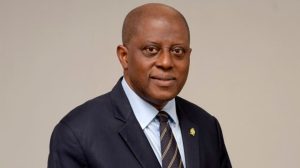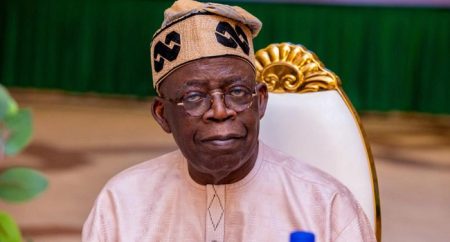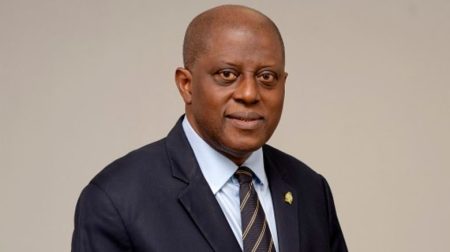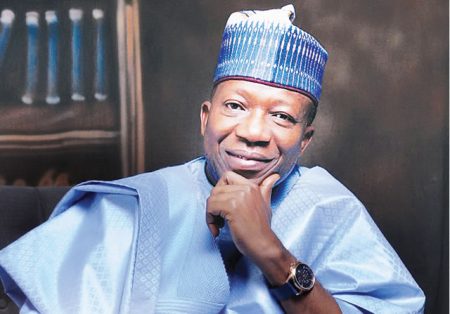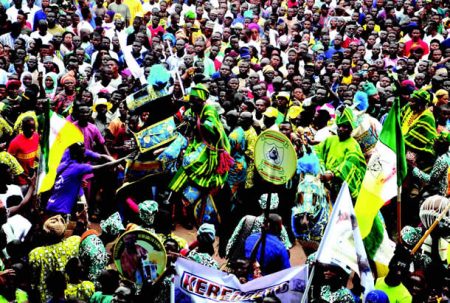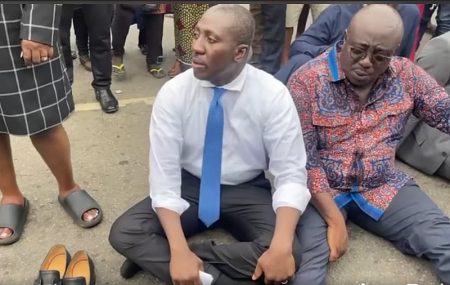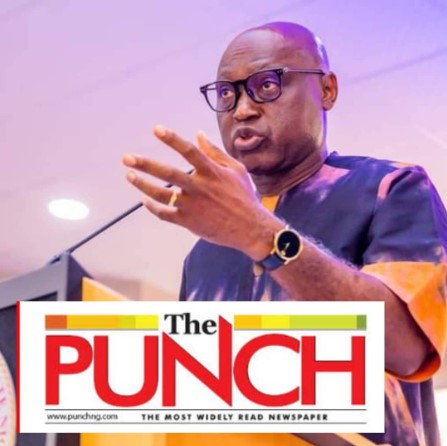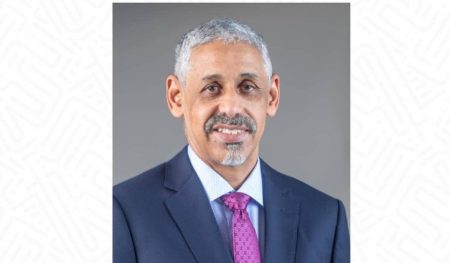The Peoples Democratic Party (PDP) finds itself embroiled in a persistent internal conflict over the position of National Secretary, a dispute that has intensified existing factionalism within the party. Senator Samuel Anyanwu, who asserts his rightful claim to the position, has publicly questioned the motivations behind efforts to oust him, particularly given the proximity of the end of his term. He has specifically called out Oyo State Governor Seyi Makinde and Enugu State Governor Peter Mbah, demanding to know the nature of his alleged transgressions against them. This conflict highlights the deeper divisions within the PDP and underscores the ongoing power struggle within the party’s leadership. The situation further complicates the party’s efforts to rebuild and reposition itself after the 2023 elections.
The roots of this conflict trace back to the post-election period of 2023, culminating in a legal challenge that saw former National Youth Leader Sunday Udeh-Okoye recognized by a lower court and the South East Zonal Caucus as the legitimate National Secretary. While several key party organs, including the Board of Trustees, the National Working Committee (NWC), and a contingent of PDP governors accepted this ruling, Anyanwu, with the backing of the Federal Capital Territory Minister, Nyesom Wike, contested the decision in the Supreme Court. The court ultimately ruled in Anyanwu’s favor, declaring that internal party matters fall outside the purview of the judiciary. However, this ruling did little to quell the internal discord, instead, it seems to have fueled further maneuvering and power plays within the party.
Despite the Supreme Court’s affirmation of Anyanwu’s position, the PDP governors subsequently called for a new nominee from the South East, leading to the appointment of Deputy Secretary Setonji Koshoedo as Acting National Secretary, a move ratified by the NWC. This action effectively sidestepped the Supreme Court ruling and further inflamed the existing tensions. Anyanwu’s pointed questions regarding the motivations of those seeking his removal underscore the underlying power dynamics at play within the PDP. His insistence that his term is nearing completion raises questions about the urgency and necessity of these actions. The timing and nature of these events suggest a more complex political calculus than a simple adherence to party procedures or legal rulings.
At the heart of this conflict lies the complex relationship between Anyanwu and Nyesom Wike, a figure who has become increasingly controversial within the PDP. Anyanwu has staunchly defended his association with Wike, refusing to disavow their friendship despite pressure from within the party. This public display of loyalty further complicates the situation, aligning Anyanwu with a figure seen by some within the PDP as a divisive force. Wike’s recent withdrawal from the PDP peace pact only serves to exacerbate the tensions and reinforce the perception of him as a disruptive influence within the party. This association with Wike adds another layer of complexity to the National Secretary dispute, intertwining personal loyalties with political maneuvering.
Anyanwu’s public statements reflect not only his personal frustration but also a broader concern for the future of the PDP. His plea for unity within the NWC and his call for careful consideration of the situation highlight the potential for further damage to the party’s image and cohesion. He has directly questioned the roles of key figures like Governor Makinde, demanding transparency and accountability in their actions. By emphasizing the limited time remaining in his term, he implicitly questions the motivations behind the efforts to remove him. This underscores the perception that the conflict is driven by personal ambitions and political maneuvering rather than genuine concern for the party’s best interests.
The ongoing dispute over the National Secretary position serves as a microcosm of the larger challenges facing the PDP. The party is struggling to reconcile internal factions and navigate the complex power dynamics within its ranks. The situation highlights the fragility of the party’s unity and raises serious questions about its ability to present a cohesive front in future elections. The conflict underscores the urgent need for internal reconciliation and a renewed focus on party unity if the PDP is to remain a viable political force. The failure to resolve this situation effectively could have long-term consequences for the party’s stability and its ability to compete effectively in the political landscape.




